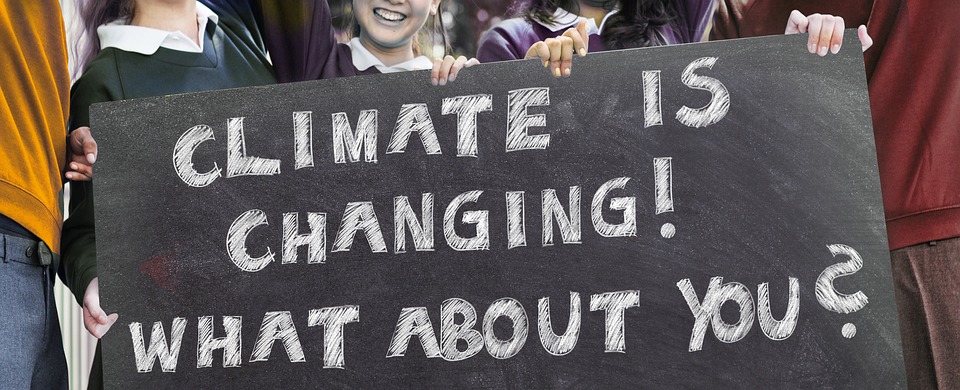The Impact of Climate Change on Global Weather Patterns
Introduction
Climate change is one of the most pressing issues facing our planet today. It is a global phenomenon that is largely a result of human activities, such as burning fossil fuels and deforestation, which release greenhouse gases into the atmosphere. These greenhouse gases trap heat from the sun, leading to an overall warming of the Earth’s climate. This warming has far-reaching effects on global weather patterns, causing shifts in temperature, precipitation, and extreme weather events.
Temperature Changes
One of the most noticeable impacts of climate change on global weather patterns is the increase in average temperatures worldwide. According to the National Aeronautics and Space Administration (NASA), the Earth’s average temperature has risen by about 1.1 degrees Celsius since the late 19th century. This may not seem like a significant increase, but it has had profound effects on weather patterns.
Warmer temperatures lead to more frequent and intense heatwaves, which can have devastating effects on human health and agriculture. In addition, warmer temperatures are also leading to earlier springs and longer growing seasons in some regions, while causing shifts in the distribution of plant and animal species.
Precipitation Changes
Climate change is also impacting global precipitation patterns, leading to changes in the frequency and intensity of rainfall and snowfall. In some regions, there has been an increase in extreme precipitation events, which can cause flooding and landslides. At the same time, other regions are experiencing more frequent droughts, leading to water shortages and crop failures.
One of the consequences of these precipitation changes is the increased risk of wildfires. Warmer temperatures and drier conditions are creating more favorable environments for wildfires to spread, resulting in widespread destruction of forests and homes.
Extreme Weather Events
Climate change is also contributing to an increase in the frequency and intensity of extreme weather events, such as hurricanes, tornadoes, and storms. These events can cause significant damage to infrastructure and agriculture, resulting in economic losses and loss of life.
For example, hurricanes are becoming more powerful due to warmer ocean temperatures, which provide the fuel for these storms. As a result, we are seeing more Category 4 and 5 hurricanes making landfall, causing widespread destruction and displacing thousands of people.
Impact on Agriculture
The changing weather patterns brought on by climate change are having a significant impact on global agriculture. Farmers are facing challenges such as shifting growing seasons, increased pest and disease pressures, and more frequent extreme weather events.
For example, prolonged droughts can lead to crop failures, while excessive rainfall can cause flooding and soil erosion. These events can result in decreased yields and increased food insecurity in many parts of the world.
Adaptation and Mitigation
In order to mitigate the impacts of climate change on global weather patterns, it is essential that we take action to reduce our greenhouse gas emissions. This includes transitioning to renewable energy sources, improving energy efficiency, and implementing policies to reduce deforestation and promote sustainable land use practices.
In addition to mitigation efforts, it is also important to adapt to the changing climate by developing resilient infrastructure, implementing sustainable agricultural practices, and investing in early warning systems for extreme weather events.
Conclusion
Climate change is having a profound impact on global weather patterns, leading to shifts in temperature, precipitation, and extreme weather events. These changes are causing disruption to ecosystems, agriculture, and communities around the world, highlighting the urgent need for action to reduce our greenhouse gas emissions and adapt to the changing climate.
By working together to address the root causes of climate change and implement strategies to build resilience, we can mitigate the impacts of climate change on global weather patterns and create a more sustainable future for generations to come.
